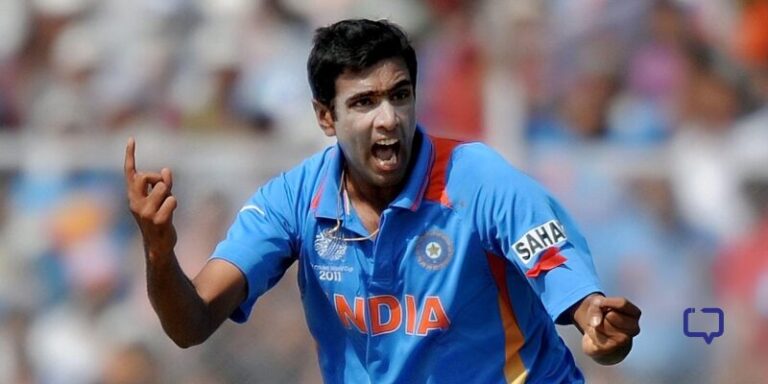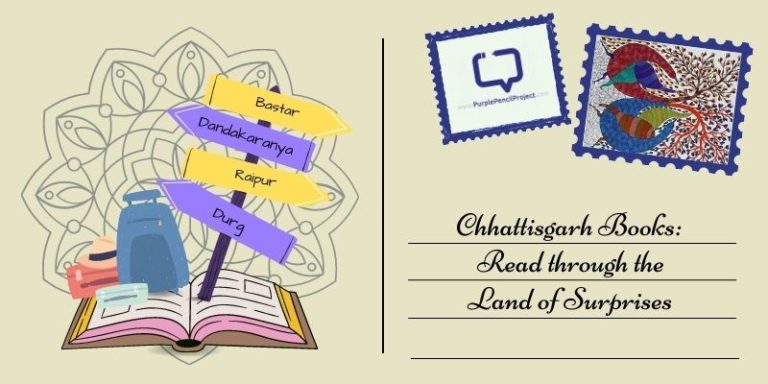Kaustav Das reviews Burden of Tomorrow by Subhash Chandra Narula (published by Rupa Publications India, 2024).
Subhash Chandra Narula’s Burden of Tomorrow is a tale that binds the timeline (1935–1956) of pre-independence India, WWII, and post-independence India—a tale of three generations, where the major character remains one man, Goldram, a senior railway officer of Provincial Burma.
Burden of Tomorrow focuses on Mangal Sen’s three-generation family saga, where their generation and their grandchildren’s generation take a backseat. At that time, for better education and life, Indians migrated to Rangoon (now Myanmar); in the case of Kartarlal, his family wanted to give him a better future, so they decided to send him to his brother, Goldram. At the same time, Goldram wanted to escort his entire family to Rangoon. Here, we come across a pang of impending separation, which is quite common and a major theme in the book. Once they get settled in Burma, the story foreshadows how the war is approaching, and they soon become victims of it.
Recommended Reading: The Emotional Cost of War in A Passage North
A major portion of the story is set amidst WWII when Japan got sanctioned after the Pearl Harbor attack and was aiming at Burma and Indochina for crude oil and other essential goods. When the Japanese bombardment started, Goldram’s senior offered him an evacuation with his immediate family via aeroplane. But the burden of family ties and the ideology of brotherhood made him choose the hard way—the long-march home—through trekking, bullock cart riding, boat, train, and bus journeys via Arakan Yoma, Shanwya, Kalewa, Manipur, and Nagaland—to finally reach their final destination, Nanakpura.
Idea of Identity, Home and Separation
A reader may call Subhash Chandra Narula’s Burden of Tomorrow a tale of displacement, as over the years, Goldram and his kin get displaced, separated, find their new identity, and yet again lose it. The concept of home traverses Punjab, Lahore, Rangoon, and Nanakpura. The final stretch of their journey from Dimapur to Lucknow forces the readers to look into the concept of parenting and larger-than-life relations. A commentary on the lifeline of India, the railway network, is present throughout the storyline. Here, we explore the refugee crisis, a pre-partitioned nation, and Arya Samaj’s involvement.

The final separation begins, but the displacement ends as the characters decide to go to their families and get united in different places; now, they are back in their motherland. The post-independence poverty and the true colour of royalty became a burden of financial death when Kartarlal and his other brothers’ financial condition stagnated Goldram’s condition. A man is on the verge of erasing his Burmese identity and his home when the burden of tomorrow chokes him.
Concepts of Spirituality and Wisdom
Be it the Bhagavad Gita or worldly experiences from personal lives or the lives of the people, they play a crucial role in the book. From the first page itself, philosophical discourses have a higher impact on the overall development of Subhash Chandra Narula’s book. From the myth of Sysiphus to the concept of salvation, social commentary, and religious whataboutery— it has a worldview on the way of living that is hard to ignore.
Characters’ Psyche and Absence of Feminine Figures
Feminine figures are absent throughout the book except for minor segments, where they should’ve been shown in a greater light as a companion in tough times. In the first 100 pages, there is no motif of moving the story forward or announcing what a reader can actually expect, diverting it from historical fiction to domestic fiction, where Narula accustoms the readers to the large family of 40+ members.
There are family feuds, but they are stronger together. The only major matriarch in the book is Kaushalya, Goldram’s wife, who stays a constant support throughout the story and Goldram’s life. Apart from the character’s psyche at various places and the world-building, which is more humane than literary, others felt like a burden on the overall narrative.
Where It All Probably Went Wrong
Many instances can be seen where the reader may feel that the book was never meant to be a historical fiction but rather a disjointed tale of numerous past stories of the characters and the nations as a whole. Jumping back and forth in the past-present-future timeline without a clear motif and ideal plot moving—as if it were some fragments of memories, a short story collection on those recollections—makes it a confusing overview of the whole story.
Burden of Tomorrow ends with a foreshadowing of a bleak yet optimistic future, but that foreshadowing has already been portrayed in the past chapters. While focusing on the world-building, the timeline, and the chapter narratives, the conclusion felt neglected and forgotten. The blurb gives a wrong interpretation and expectation of the story, which is far-fetched from the actual content, making it more baity than anything else.
Favourite Quote from Burden of Tomorrow by Subhash Chandra Narula
For a moment, in his imagination, he was stuck on the word ‘fleeing’; weren’t he and his kin—whom he was leading with the spear in his hand—part of those fleeing? His mind went back to the first page of the Rangoon Gazette: a huge picture of an eagle with a swastika stamped on its wingspread, swoping down on the bleeding rat depicting poland.
[…] driving them away from the comfort of their homes to wander on strange beaches in search of new safety.
Conclusion
Subhash Chandra Narula’s book was supposed to deliver much on the burden but ended up as a social and personal commentary on pre-independence India and Burma’s topography, culture, and society. Burden of Tomorrow, which was supposed to work as a tight thread between past-present-future ends up being nothing more than a travelogue without a proper follow-up, and hence, Burden of Tomorrow becomes ‘Reminiscences of Past’.





















